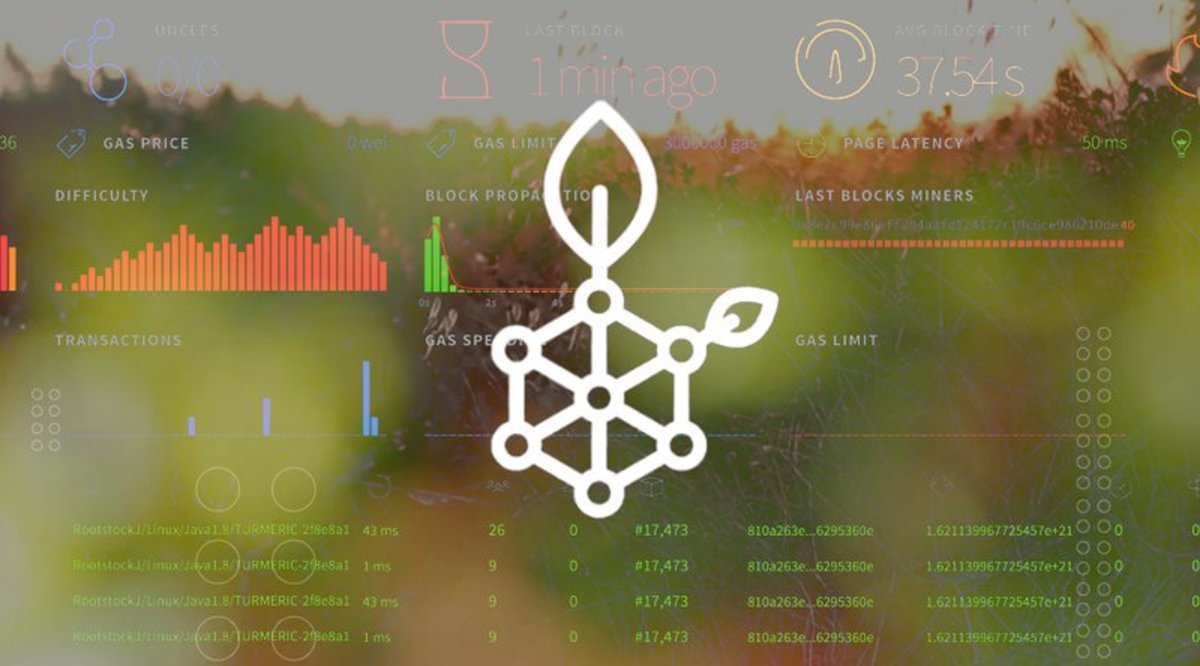WARSAW, Poland — Golem wants to provide what it calls the “Airbnb for computers,” a first-of-its-kind decentralized market for shared computing power. The company hopes the public will find its goals appealing, as it will open a crowdsale for the Golem Network Token (GNT) on November 11, 2016.
Also read: Blockchain Gaming Trend Grows as eBoost Raises $140K in ICO
Golem: Building a Supercomputer on the Blockchain

This decentralized, Ethereum-based service, once up and running, will reportedly allow people to rent out unused computing power in exchange for cryptocurrency. On the other end of the service, costs for resource-intensive processes will decline, according to Golem, making tasks such as CGI rendering, scientific calculation and machine learning more efficient and accessible.
“If you have a powerful gaming computer that you aren’t using all day, or a PC that you leave at the office each night,” said Golem founder Julian Zawistowski in a press release, “you can rent your unused computing power to help someone who may need it for rendering graphics or developing complex applications.”
Additionally, more powerful PC hardware stands to bring in more passive income, said Zawistowski. Explaining the valuation process, he said that machines are benchmarked for specific use cases, and then a per-minute rental price for the machine’s processing power will be determined by the market based on the results.
Thus, a laptop or consumer-grade desktop may only fetch a few cents per minute, while more powerful gaming rigs or custom-built workstations could generate several dollars or more.
However, Zawistowski also said GNT’s eventual market value will play a key role in potential revenue.
“[Prices] also [depend] on how exactly the Golem market will drive [rental] prices down. Ultimately, that depends on the price set by the user, because if the price is too high, no one will rent the machine.”
Furthermore, if GNT skyrockets in the future, people holding onto the small income from their weaker machines could find themselves much wealthier in the long run.
To make this service a reality, Zawistowski told Bitcoinist that the GNT sale would need to raise between 150,000 and 820,000 Ether (ETH), worth between $1.6 million and $8.7 million USD at press time. The sale will be hosted on Golem’s official website, with a starting price of 1 ETH per 1000 GNT.
If the crowdsale does not reach its minimum funding goal of 150,000 ETH by its December 2nd closing date, the company will refund all investments to participants, according to the Golem website.
The Rise of Cloud Computing
While decentralization by blockchain may prove innovative, computational resource pooling is not a new idea. The idea of cloud computing has been discussed since at least the 1970s, and cloud solutions began seeing mainstream use in the late 2000s and early 2010s.
Task-specific resource pooling — like that envisioned by Golem — has seen growing utilization in recent years as well.
Folding@home, for example, is a distributed network of Internet-connected devices that aims pooled computational power at processing tasks focused on analyzing protein folding, an important part of medical research for diseases like Alzheimer’s disease, Huntington’s disease and many forms of cancer.
Launched in 2000, with its current 7.4.4 stable version released in 2014, the Folding@home network has amassed a speed of 100 petaflops, with its developers at Pande lab producing 129 scientific research papers.
Golem believes its blockchain-based platform will produce an even more powerful network, stating in its press release that its tools will “[help] create the first ‘worldwide supercomputer.’”
What do you think about blockchain-based computer pooling? Let us know in the comments below.
Images courtesy of The Alpha Interface, Golem.











